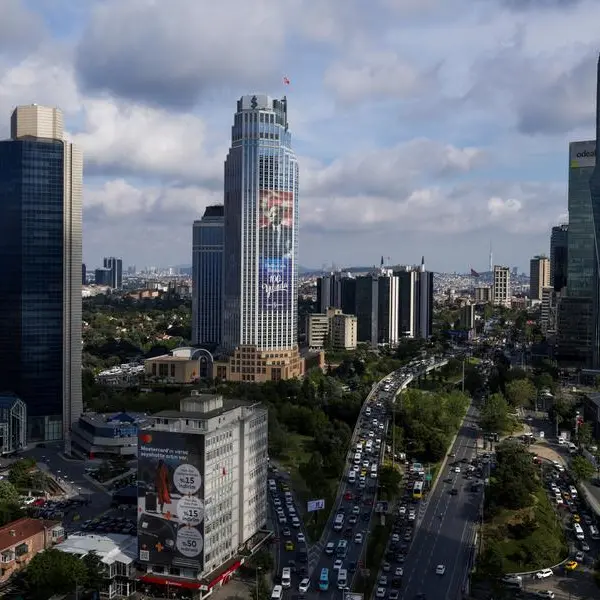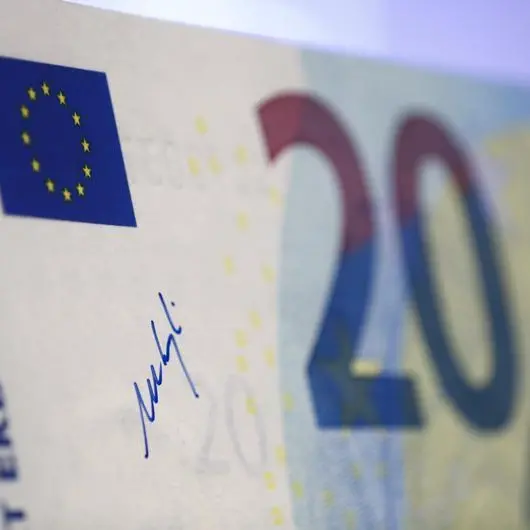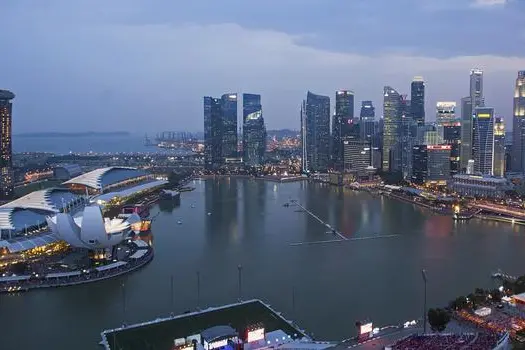PHOTO
Mashreqbank accelerated its US$500m no-grow five-year sukuk, printing the deal on Tuesday a day ahead of when it was originally pencilled in.
It was the first issuance from the CEEMEA region since US president Donald Trump's tariffs announcement on April 2. Mashreqbank (A3/A/A) was a good candidate to reopen the market given its strong ratings and its standing in the UAE financial sector.
The mandate was announced on Monday, with the deal expected to launch on Wednesday following a series of calls and meetings in London. But with credit markets in good shape on Tuesday and strong interest in the transaction, the leads decided there was no point in hanging around.
Books opened at 140bp area over Treasuries, with leads then going straight to a final spread of 105bp as books peaked at US$2.8bn.
Even with the big tightening, books stayed largely intact, finishing at US$2.65bn.
A lead banker said the deal priced in line with fair value, with some international participation in the books as well as regional.
"What this says is that GCC liquidity is healthy and investors in the region are willing to buy in the primary at minimal or without any new issue premium," said the banker.
The Middle East, like certain markets in Asia, such as China, benefits from a natural bid from local accounts – the sukuk sector in particular.
Indeed, by opting for the sukuk market, Mashreq played it safe. Throughout the uncertainty of the past two weeks, the asset class has outperformed. "No GCC account passed on this from a liquidity point of view. There's been a continued bid. That's why sukuk have outperformed broader EM," said the banker.
Mashreqbank last issued in June, when it priced a US$500m perpetual non-call 5.5-year AT1. Before that, it issued twice in 2022, again in capital format, selling AT1 and Tier 2 debt. It last issued in senior format in 2019, selling a February 2024 conventional bond, which it also tapped.
Abu Dhabi Commercial Bank, Abu Dhabi Islamic Bank, Al Rajhi Capital, Bank ABC, Dubai Islamic Bank, Emirates NBD Capital, KFH Capital, Mashreq, Sharjah Islamic Bank, Standard Chartered and The Islamic Corporation for the Development of the Private Sector were the lead managers and bookrunners.
Source: IFR





















